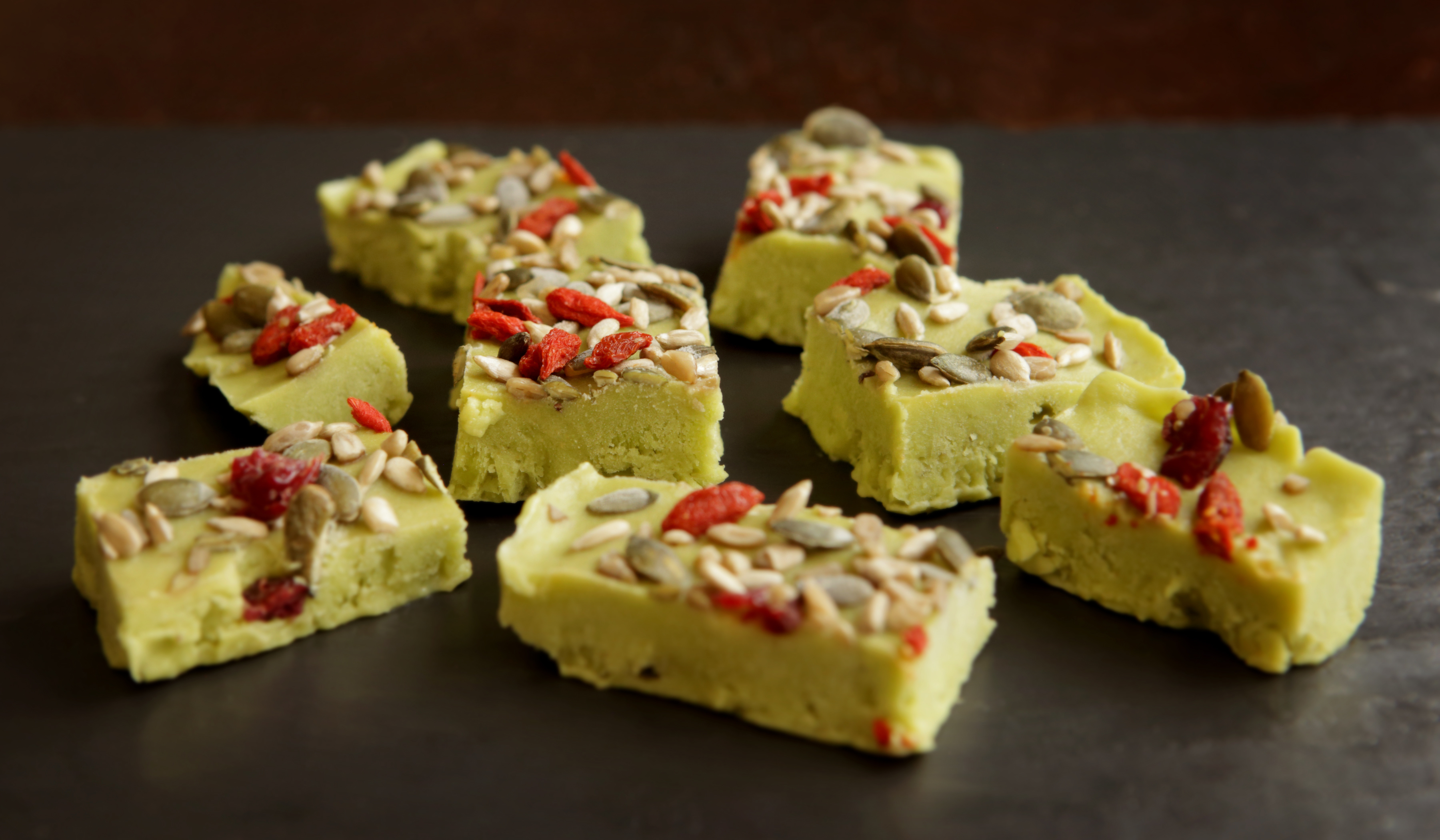Who is this diet for?
This diet is for anyone who has recently had surgery and has been advised to follow a soft food diet.
Cancer treatment
Chemotherapy and radiotherapy can make the digestive tract sore and inflamed, this is known as mucositis. If someone is experiencing mucositis, they might benefit from a soft food diet.
Difficulty swallowing
The soft food diet may be good for people who find it difficult to chew or swallow. Maybe people with Dysphagia.
For people with significant dysphagia, who are unable to eat tough foods safely, a GP might prescribe a specialised de-texturing diet, this is when the texture of foods is significantly reduced so then is the need to chew. You can achieve this by blending or mashing foods.
This is similar to the soft food diet, and a doctor or dietitian may recommend it to people who may be at risk of getting food stuck in the throat or windpipe.
Dental issues
A soft food diet may be appropriate following dental implant or a tooth extraction, such as wisdom tooth removal, even a infection in the area will cause limited ability to chew.
Following a procedure, it is essential to follow a healthy diet.
TIPS for a speedy recovery.
Probiotics
Take alongside the prescribed antibiotics to minimise the damage to the gut bacteria, antibiotics kill off the bad bacteria, but in the process they kill off the good guys too so replacing them is VITAL for general health.
Feeding the healthy bacteria with certain foods will enhance the process of good general health.
- Yoghurt. Live yoghurt is an excellent source of friendly bacteria, also known as probiotics. …
- Kefir.
- Miso. …
- Sauerkraut. …
- Kimchi. …
- Sourdough. …
- Almonds. …
- Olive oil
Hydration
Fluids are vital and clean fluids like herbal tea’s or water will help your immune system, it will be weakened following a procedure, thus increasing the chances of an infection. Water helps keep these infections away and acts as a catalyst to your recovery. Furthermore, water helps your body get rid of toxins from the anesthesia if used.
Avoid processed foods and foods high in sugar
Exercise
Try to do gentle walking daily (Unless you have been requested not to by your GP) and build up each day.
Getting out in fresh air will help you recover and get you back on your feet again. Movement in general is beneficial to our mental health.
DIET
Following a soft food diet maybe all you can do for the first few days to a week, getting in nutrients is vital for recovery. Try the following meals.
Breakfast
1/Home-made granola, but blended with almond unsweetned milk.
2/Scrambled eggs with cooked spinach
3/Mushrooms and spinach cooked
4/Baked porridge oats with blueberries
5/Milled oats and a banana added with almond unsweetned milk
You can use whatever milk you wish. …
You can use what ever fruit you wish. …
Lunch
1/Pea and mint soup
2/Vegetable soup
3/Three bean soup
4/Mild vegetable curry blended
5/Chicken and lemon soup
Dinner
1/Mashed carrots, sweetpotato, broccoli and cauliflower mash and grilled salmon.
2/Tuna and mashed potato with coriander and spinach
3/Cauliflower dahl
4/Tofu and spinach with butterbean mash
5/chicken Steamed and chopped with sweet potaoto mash with gravy and mixed mashed greens.
Healthy Sugar free deserts
Banana ice cream
Avocado fudge
Brownie ice cream
Healthy reese-cup thins
Stewed apples and cinnamon
Spices to reduce Inflammation
- Turmeric.
- Ginger.
- Cinnamon.
- Garlic.
- Cayenne.
- Black pepper.
- Clove.
Snacks
1 tsp Nut Butter Smooth
Mashed banana
Mango blended with nut butter
Soft boiled egg
Rest as much as you can but that doesn’t mean avoid gentle walks if you are able, try to get out daily for some much needed fresh air as long as you physically can.
All recipes available on my website
www.mariataitnutrition.com
x
